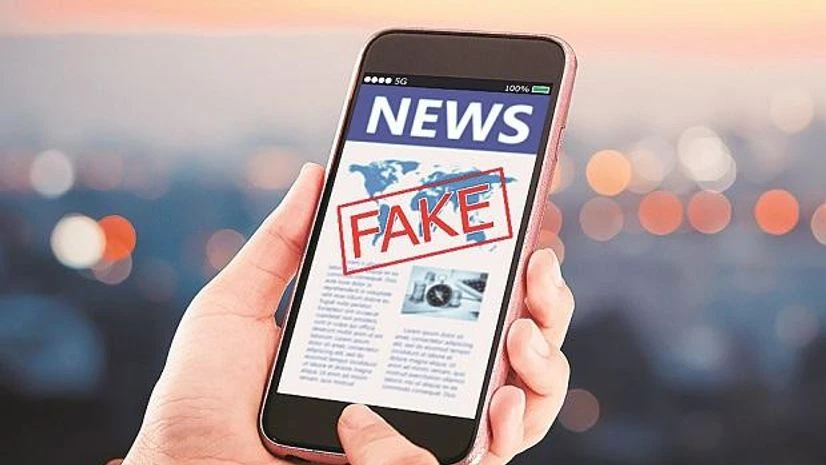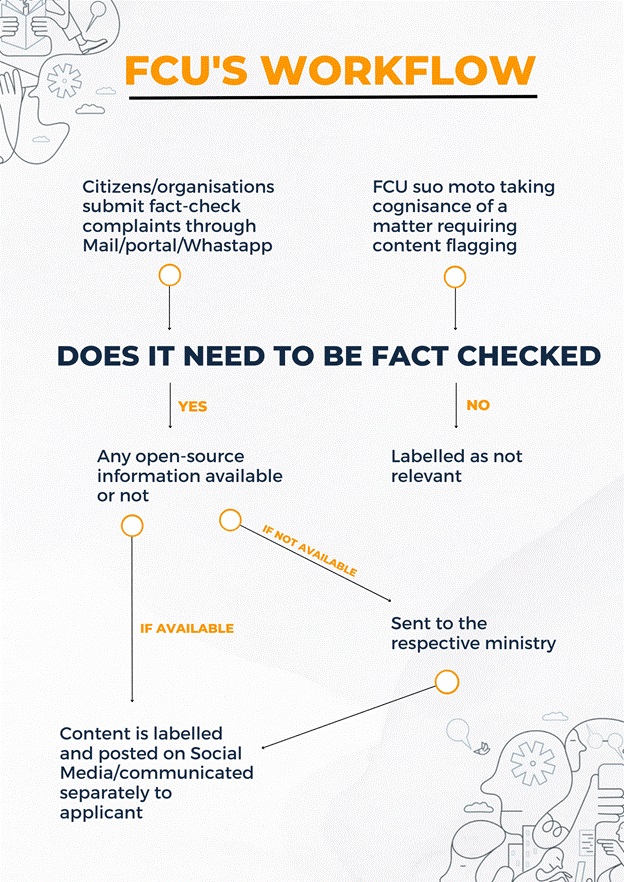Note4Students
From UPSC perspective, the following things are important :
Mains level: freedom of speech
)
Central idea
The article critically examines the Government of Tamil Nadu’s establishment of a Fact Check Unit, highlighting constitutional concerns, the potential impact on freedom of speech, and the challenges posed by ambiguity and absence of due process.
What is fact check unit?
A Fact Check Unit is an entity or organization tasked with verifying the authenticity and accuracy of information, particularly in the context of news, announcements, policies, schemes, guidelines, and initiatives of a government or other institutions.
Key Highlights:
- Establishment of Tamil Nadu Fact Check Unit: The Government of Tamil Nadu issues an order to create a Fact Check Unit for verifying information related to the state government across diverse media platforms.
- Constitutional Concerns Raised: Assertions about the order violating fundamental rights and being constitutionally vague and arbitrary, particularly emphasizing the potential infringement on freedom of speech.
- Impact on Freedom of Speech: Examining the implications of the Fact Check Unit on freedom of speech and expression, highlighting the need for reasonable restrictions and challenging the authority of a Government Order in imposing such restrictions.
- Chilling Effect Analysis: A deeper analysis of the perceived chilling effect on freedom of speech, exploring the implications of the Government acting as the arbiter of information authenticity.
Challenges:
- Scope Ambiguity and Potential Misuse: Critiques the lack of specificity in defining “information related to the Government of Tamil Nadu,” raising concerns about ambiguity and the possibility of misuse.
- Due Process Absence: Points out the absence of due process, where the Fact Check Unit lacks a mechanism for the author’s hearing, positioning the government as the sole determinant of information authenticity.
- Legal Limitations on Government Orders: Discusses the legal limitations of Government Orders in imposing restrictions on freedom of speech, underscoring the need for a more nuanced and legislative approach.
- Global Challenges of Misinformation: Draws parallels with global challenges of misinformation, citing events like the U.S. presidential election, and underscores the necessity for effective measures in addressing this widespread issue.
Key Phrases for enhancing answer quality:
- “Chilling effect on freedom of speech”
- “Unconstitutionally vague and arbitrary”
- “Opportunity of hearing”
- “Mis/disinformation and fake news challenge”
- “Government as judge, jury, and executioner”
Analysis:
- Constitutional Implications Explored: In-depth analysis of the constitutional concerns, with a focus on how the Fact Check Unit might impact freedom of speech and questioning the legal standing of a Government Order.
- Interrogation of Scope Ambiguity: Scrutiny of the ambiguity surrounding the definition of “information related to the Government of Tamil Nadu,” delving into potential implications for various forms of expression.
Key Facts:
- US Election and Misinformation Parallel: Drawing parallels with global challenges of misinformation during events like the U.S. presidential election, emphasizing the need for effective measures.
Way Forward:
- Stakeholder Consultation Advocacy: Advocacy for comprehensive consultations with stakeholders, including the public and intermediaries, to develop effective measures against misinformation.
- Global Best Practices Exploration: Encouraging exploration of global best practices, such as the European Commission’s Code of Practice on Disinformation, for a more inclusive and well-informed approach.
- Media Literacy Promotion Recommendation: Recommending the promotion of media literacy and support for an independent network of fact-checkers as constructive measures to combat misinformation.
Get an IAS/IPS ranker as your 1: 1 personal mentor for UPSC 2024

